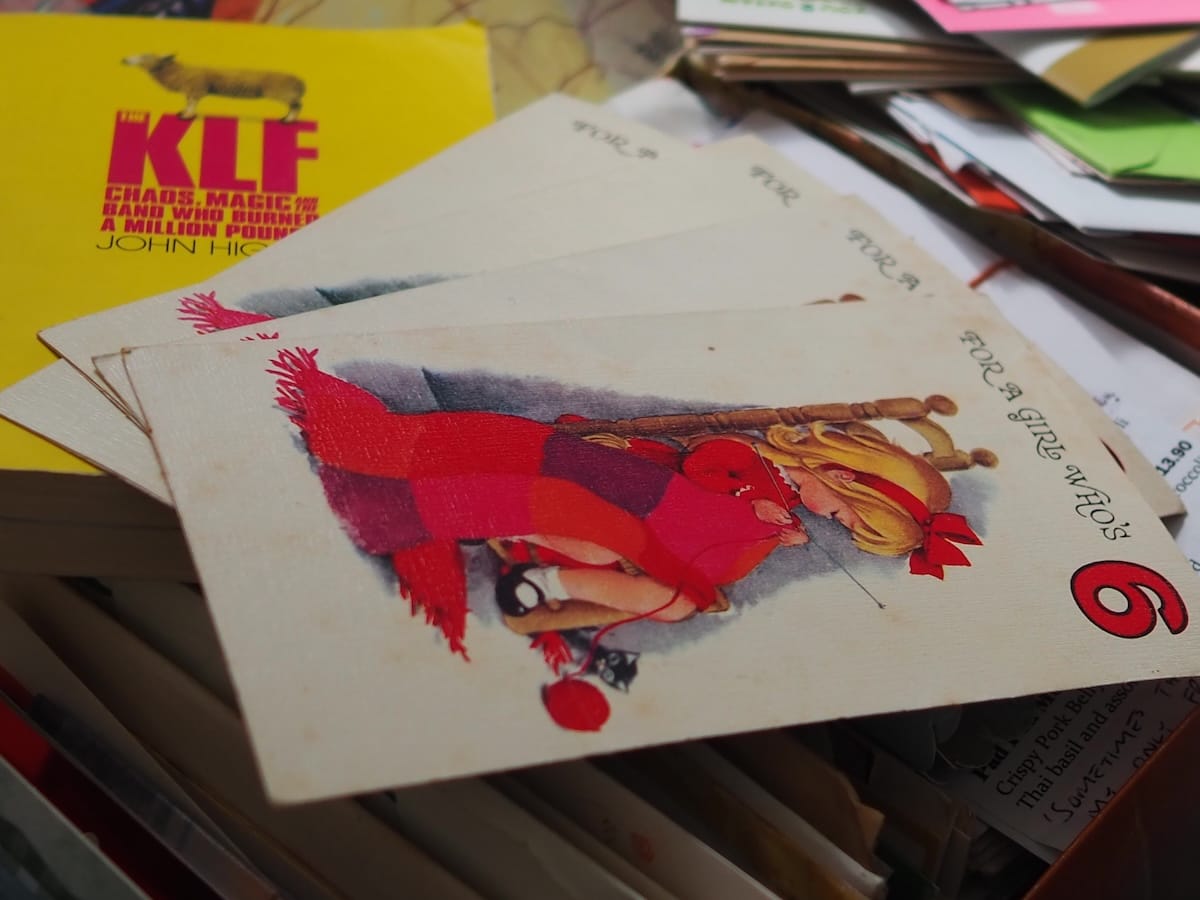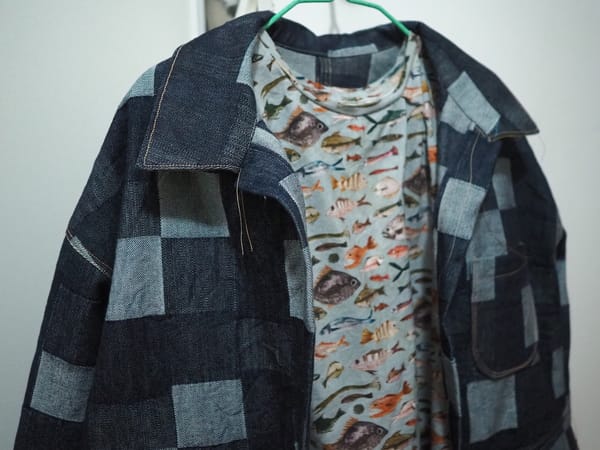The Higgs, an archive, and the Ebbinghaus curve of forgetting

I've just started re-reading John Higgs' excellent book The KLF: Chaos, Magic and the Band Who Burned A Million Pounds (I am on a re-reading kick lately).
I just finished the prologue which sets the book up as an attempt to understand what happened—why they burnt the cash—by "stumbling mapless" through the spectacle, rather than by asking the members of The KLF themselves. You can't ask them because they themselves don't know why what happened happened. They don't have a narrative.
The other alternative would be to pore through the evidence. Comprehensive records of The KLF's existence have been archived by KLF fans and are freely available. Higgs considered this a dead end of inquiry for this particular book, but it's a method he had used for a previous project about Timothy Leary.
Going to records produced at the time can be fruitful because, as Higgs explains, recollections tend to drift over time, away from the chaos of actual events into a neater and simpler narrative. That's what you get if you ask people what happened. Witnesses slowly absorb events into their own narrative, producing a "curve of forgetting", a time series so predictable that it has a name (the Ebbinghaus curve).
This brought to mind this thing I have. (I'm sure I would have had the exact same thought the first time I read the book.) I have an archive of every piece of correspondence I have ever received. Every birthday card, letter, postcard, and more. It's still growing, although lately it's mostly letters from my mum. (Ma, you owe me a letter.)
This is how I know that I receieved four identical birthday cards when I turned six.
(The reason for this is that everyone bought the card at the local Woolworths, and they stocked exactly one card for each age and gender.)
(This is how you know I'm not really Victorian because I would've called it Safeway.)
I don't look through the archive because there's too much cringe. Excruciating love poems, accounts of shattering breakups, intense teenage friendships, amongst all the lighthearted and mundane stuff. ("Lots of love from grandma and grandad.")
I feel like the archive (actually just a shoebox) creates possibilities to do ... something. Archives of notable people are of interest, but what about an archive of a nobody? Does its completeness make it notable? Or the fact that it contains nothing I wrote, but things that others wrote to me? (Surely that is normal though?? Who makes and keeps copies of their own letters.)
If one was to compare the contents of the archive with my recollected stories, or recollections of the people who wrote these cards and letters, would that even be interesting?
I have absolutely no idea. But I am certain I'm hanging onto all of this stuff for a reason, and that it will eventually emerge.



